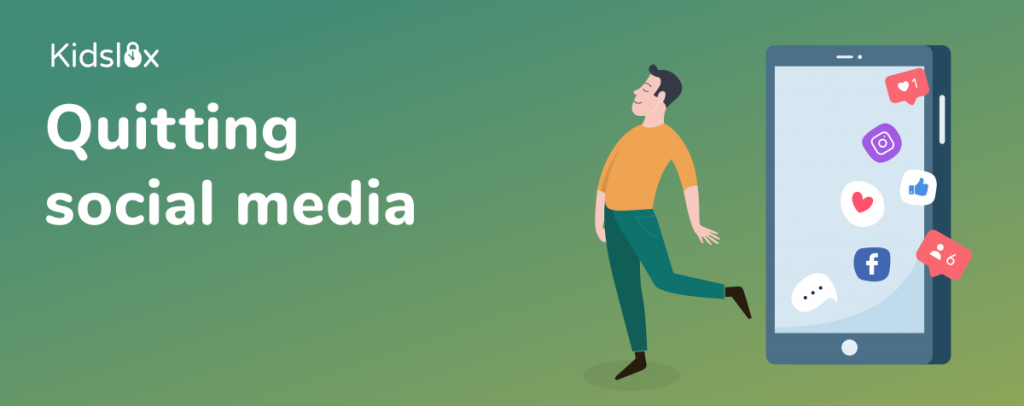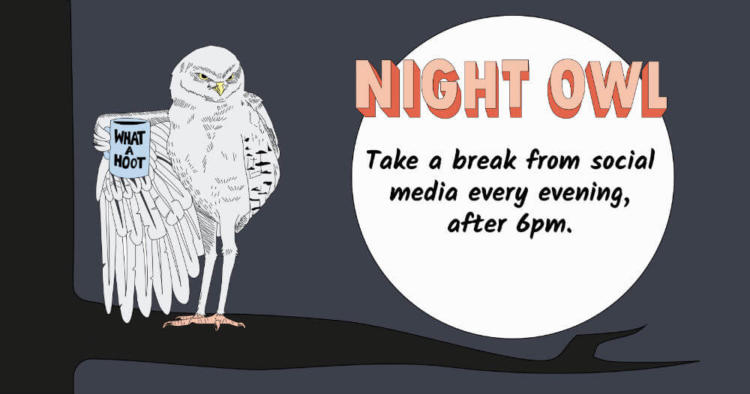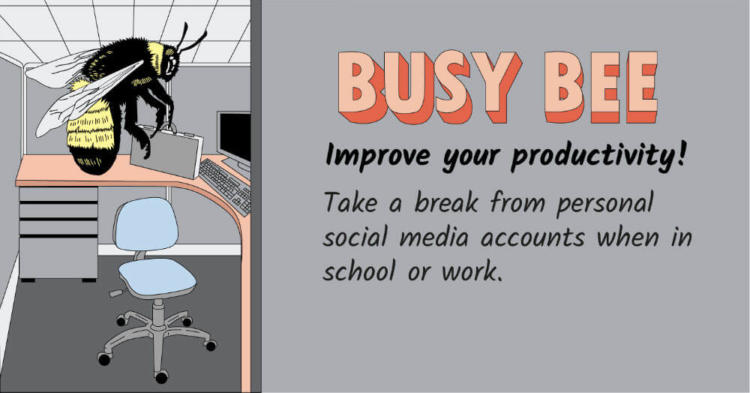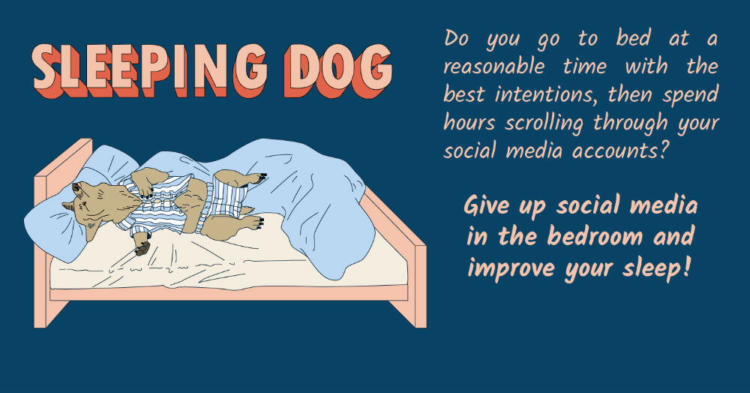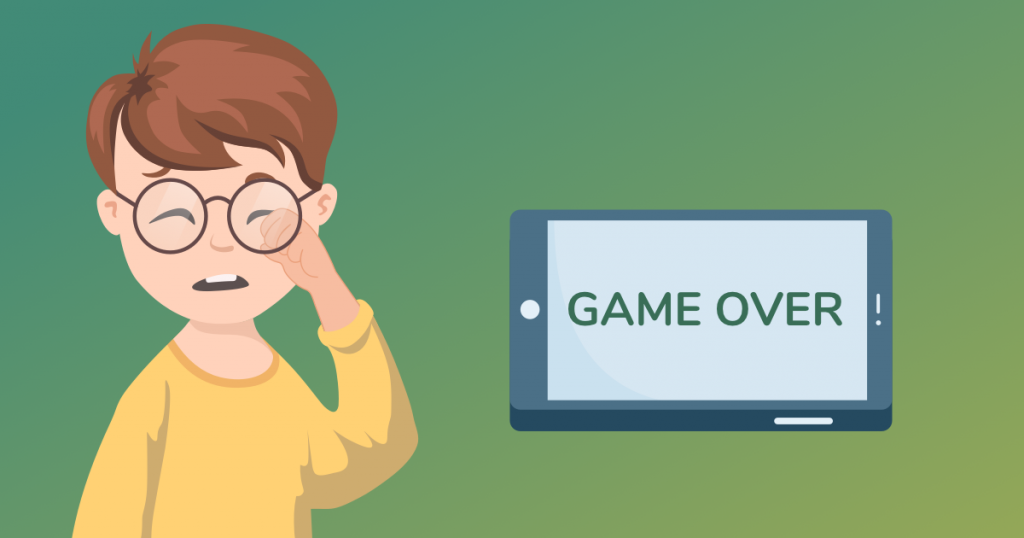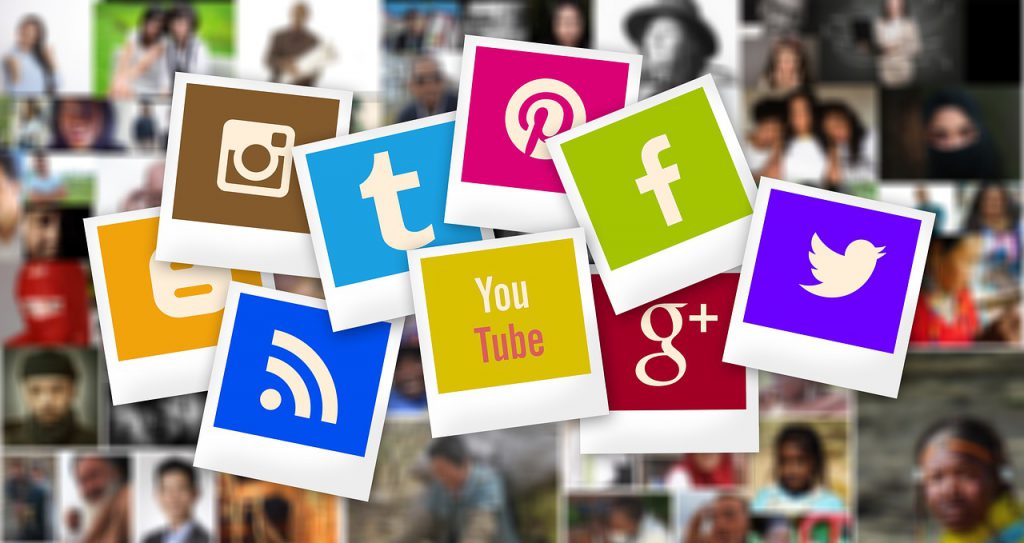“It’s constant. I go straight to it when I get up. I feel like I have to keep up with what everyone is talking about. I feel like I’m a slave to my phone,” – Rianna Parry, 15, a big fan of Instagram and Snapchat said.
A lot of teenagers feel that they are addicted to their phones or get distracted by sticking on social media. Scrolling the feeds for nothing, waiting for notifications, counting “likes” and clicking the Snapchat button again and again just not to feel lonely or bored. Not only children and teenagers but also parents are at risk to be hooked on social media.
According to the Royal Society for Public Health survey, 56% of young people say they want to give up social media due to their concerns about harming mental health.
Social network tools are designed to be addictive. There is a whole industry of consultants and psychologists, who are helping designers punch the right buttons in our brains. Companies call these individuals – attention engineers, who borrow principles from Las Vegas casino gambling, to try to make products as addictive as possible. Snapchat, Facebook, Instagram and others grab our attention appealing to the kind of non-rational, automatic, impulsive parts of us. As a result, we do keep coming back for more, and can’t quit.
“Everyone – including social media giants – need to take responsibility to tackle the “mental health epidemic in the next generation,”
– Claire Murdoch, NHS England’s national director for mental health said.
Here is our guide on how to “take back control” and give up social media, at least for a month. However, if you don’t really want to quit social media, you may just try to see the difference.
Turkey or owl? Set up your own motivation
To deal with your addictiveness, you should make a list of benefits of quitting social media. First of all, you realized that you have a problem and you can’t waste your time on it anymore. Health and well-being are the priorities to think about. For instance, look at some positive sides, which scientists say about life without SM:
- Better sleep
- Better concentration (the ability to focus intensely)
- The ability to produce things that are rare and valuable
- More active life
- More self-control and productivity
- Happier everyday life
If you are parents, maybe the most powerful motivation would be your kids. It’s a good reason to quit bad digital habits to set an example for your children. On the top of this, you’ll have more free time to spend with your family.
What can trigger quitting social media completely is a short break. For example, you may participate at Scroll Free September 2018 challenge to support good mental health and wellbeing. This is an initiative started by the Royal Society for Public Health. And before you start you should choose a plan that you’ll go for:
Prepare for quitting
- Save all necessary information that you need from social accounts: contacts, photos, important links for work or your family time etc.
- Before deactivating your accounts, give a chance to your followers to know that you leave and give them the alternatives to reach you. Leave your number and email, and tell them to give you a call or meet face-to-face if they need.
- Be prepared that you are someone who could be forgotten. Probably, some of your friends will disappear from your life if you don’t have Instagram or Facebook, because they aren’t so close to you. But don’t worry, because true friends will still be there for you.
- Ask your friends to join your scroll free challenge. Together it will be easier to achieve the aim.
Out of sight out of mind?
Finally, delete the social media apps from your gadgets. If you don’t plan to quit your accounts for a long time, you may turn off all notifications for each app you wish to detox from.
Deleting the shortcut to social media apps from the home screen may also help while staying Scroll Free. To resist returning to scroll, you could also try leaving your phone at home occasionally, or taking a ‘dumb’ phone that doesn’t support social media.
However, we shouldn’t go to extremes. It must be quitting for a good point. We must learn the lesson “how to take control of machines.” Parents and kids have to learn the way of managing their screen time. To bury all gadgets is not the option. Keep the balance between VR and real world. It could be much easier to put schedules on your devices by using Kidslox. This is the easiest way to set up social media restrictions on phones or tablets, set up time limits for children and protect them from online risks.
Enjoy your family-time and new hobbies
After you deactivate online temptations, you’ll have more time to do something for your family or self-development. Everybody has a hobby, that doesn’t involve staring at the screen. Walk outside more, read books more, and don’t forget to play with your kids.
On the top of this, children will also have more opportunities to grow in the real world, develop their skills, and reach friends face-to-face. Try to observe more and meet new people. Even if your short digital detox will not push you to quit social media, it would be a good experience. You’ll see how you can manage your personal and family time. Besides, your mental health issues could be solved since you start looking around instead of looking at gadgets.
